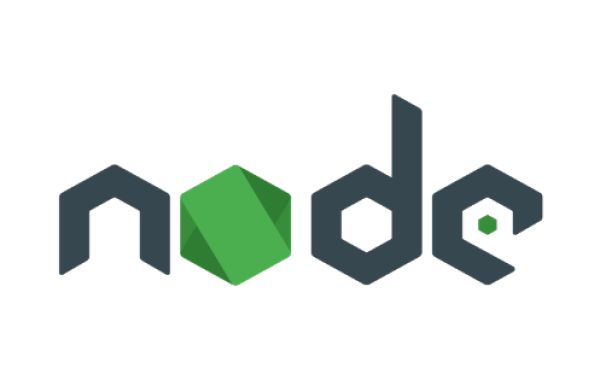Node.js is a JavaScript runtime built on Chrome's V8 JavaScript engine. Node.js uses an event-driven, non-blocking I/O model that makes it lightweight and efficient. Node.js' package ecosystem, npm, is the largest ecosystem of open source libraries in the world. The Node community is supported by these companies in many different ways: they help with development, run meetups and conferences, sponsor projects and open source foundations like io.js and module-builds.
The popularity of Node.js has been growing steadily in recent years, and it shows no signs of slowing down. This event-driven platform has lots of advantages over other languages and frameworks, so you should seriously consider using it for your next web application project or service. Here are five reasons why you should choose Node.js for web app development instead of other languages and frameworks.
Reasons Why Node.js for Web Development is the Perfect Choice
Speed
Node.js is a speedy framework that has been used by companies like Walgreens, Intuit, and Groupon as a key part of their application architecture. It's easy to see why these companies have adopted Node.js as it offers the speed of an interpreted language with the convenience of writing code in Javascript, which is one of the most popular programming languages in existence today.
Cost savings
Node.js is a great choice because of the cost savings associated with it. It saves you money by reducing your investment in hardware, which is especially important if you are a startup and don’t have the funds to invest in expensive servers and other equipment just yet. This open-source platform also means that you can choose your own hosting provider, ensuring that your costs are kept as low as possible while still getting high-quality service from a company you trust.
Advance caching
Caching is a technique which stores the results of computing expensive operations and reuses them when possible. It offers substantial performance gains for applications that have high read-to-write ratios, because it avoids the time overhead associated with recomputing data from scratch.
Real-time development
Node is a lightweight and fast server that is often used in real-time development because of its support of asynchronous programming and the ability to easily publish events across applications. With its advanced caching features, you can also cache data locally, which can be helpful with large datasets or when you have an app on a slower connection.
Scalable
Node.js is a javascript runtime that is both lightweight and fast, making it perfect for building scalable and high-performing web applications. With a small learning curve and plenty of third-party support, it's no wonder so many companies are choosing Node.js to power their next project!
Data streaming
Node.js is a very powerful and popular platform that can be used to develop web apps and other types of applications, but the real kicker here is the data streaming capabilities of Node. With Node, you will be able to easily handle large amounts of data streaming in a way that is more efficient than if you were using something like PHP or Ruby on Rails. In fact, it has been shown that when compared with Ruby on Rails, an application built in node will have significantly lower latency and higher throughput.
Well-rounded community
Node.js is a relatively new technology, but it has a well-rounded community of users, developers, contributors and enthusiasts. One of the most notable aspects of this community is its diversity; there's a place for everyone, no matter your skill set or expertise.
Microservices
Node.js has two main advantages over other programming languages: it's fast and it's scalable. For example, a single server can run tens of thousands of concurrent connections without any difficulty. That's why many high-traffic web applications use Node as their backend language - including LinkedIn, Netflix, and Uber. This is because Node was created with the idea that every part of the application should be written in JavaScript and executed on a single thread (or event loop). But what happens when we need more power?
Conclusion
We've covered a lot about the benefits of nodejs development, so now it's time to get into some implementation details that will help you make a smart decision about your tech stack. You don't want to be picking your web app framework and then find out you need hire dedicated nodejs developer, and that's ok because this post has got you covered!
In conclusion, with its impressive performance, versatility, and scalability, Node.js is a great tool to create web apps. If you're looking to create a web app or considering using it in your next project, we recommend that you give this framework a try!








